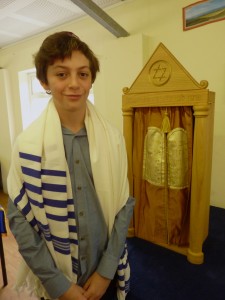ELKAN’S VIEW 25th February 2015
Israel is building itself up for the elections on 17 March, and like the electoral perspective in the UK, the situation in Israel gives no clear indication of what might happen.
There is undoubtedly a strong feeling against Netanyahu. He is perceived to have been in office for too long, possibly to have damaged relations between Israel and America, and a fresh mind is needed at the top.
As in England, politicians make mistakes especially approaching an election, but the behaviour of the Israeli police is curious. One might almost imagine that there is a department which stores up political peccadilloes for release as soon as an election is called.
But who to vote for? Israel has had a number of Prime Ministers (such as the very successful Menachem Begin) who have come into office without previous experience, but it could be dangerous at the present time.
The main opposition to Bibi (as he is universally known) is Buji – Israeli politicians acquire strange sounding nicknames! Buji, or Isaac Hertzog to give him his real name, has a superb pedigree (his father was President, his Grandfather was Chief Rabbi of Ireland and Israel) but no track record whatsoever and lacks charisma. Another uncertainty will be the 12 seats that the united Arab parties are expected to hold; 10% of an elected legislature in a so-called apartheid state! This Arab bloc might be the key to a coalition, also including one or more of the religious parties – very strange bedfellows!
But will anything change? Israelis are worried about Iran and the bomb, coupled with the inability of most Western governments (and especially the American disaster) to face up to what is really going on. The two state solution is not an issue, because the status quo is bearable, the Palestinians who live in the West Bank by and large do not want an independent state (conditions in Israel are much better than anything that Abbas has been able to produce) and realistically there is no Arab leader who can sign a peace agreement on behalf of the Palestinians and make it stick.
And you think politics in Britain are complicated at the moment!
